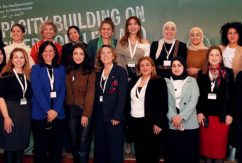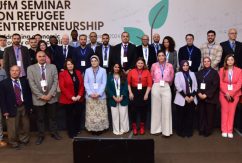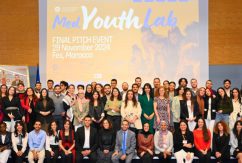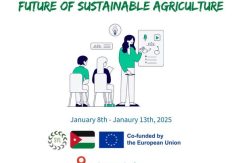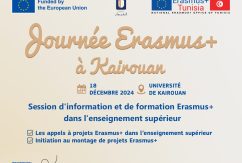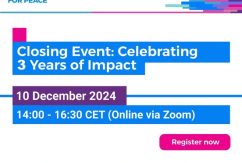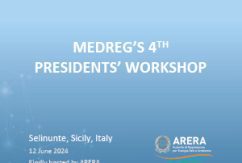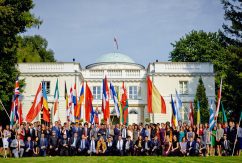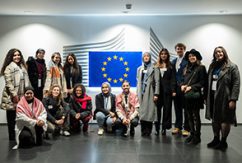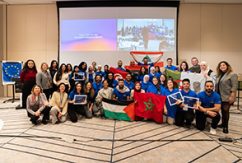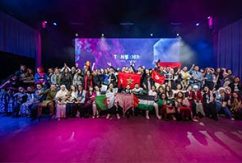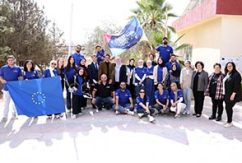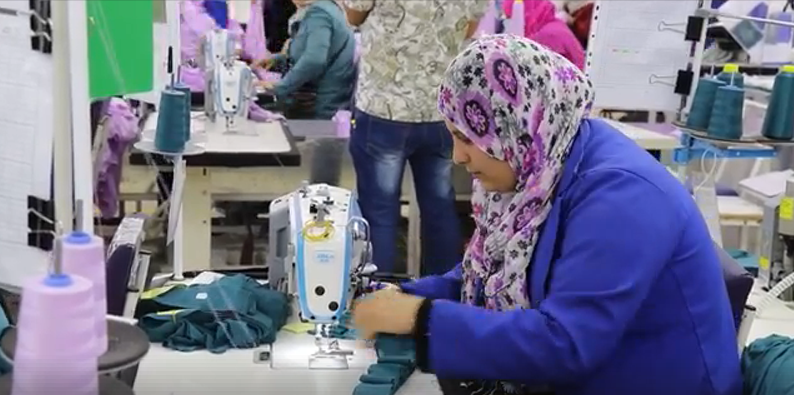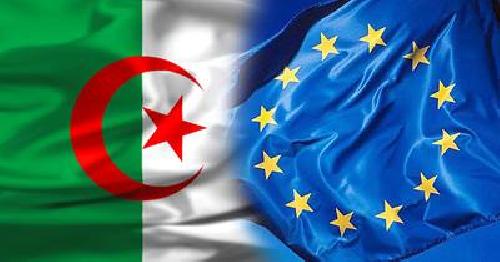Mounir Baati: a focus on quality

There are few people at the ETF who personify the role of country expert as fully as Mounir Baati. A staff member since 2007, his vast experience in the South Mediterranean and Middle East gives him a unique perspective on changes in the region. “The South Mediterranean countries became ETF partners in the early 2000s,” he explains.
Mounir’s grass-roots expertise is rooted in his extensive personal knowledge of the region. A Tunisian by birth, he spent over a decade in charge of VET and employment at the country’s Ministry of Employment and Vocational Training. Following a preliminary stint at the ETF as a Seconded National Expert, he went on to lead a research unit for the UN working with Palestinian refugees in Jordan. In 2007, he returned to the ETF as a staff member, immediately taking on the responsibilities of country manager for Morocco and Algeria. Today, Mounir is a Senior Human Capital Development Expert leading the ETF’s work in quality assurance.
That background makes him well qualified to describe the specificities of working in the South Mediterranean and Middle East.
“It’s very difficult to make progress on implementing strategies and reforms there,” he says. “Many countries have great strategies in place to attract international funds, but they’re very slow when it comes to implementing them.”
Yet despite the challenges, Mounir is passionate about his role as a regional expert. “At the ETF, we can’t deliver effective policy advice if we don’t have detailed knowledge of our stakeholders,” he explains.
“You can’t just come in with a philosophy, you need to know the situation on the ground. There are often tensions that exist between the Ministries of Labour and Education, the trade unions, and the private sector. You have to understand that dynamic to provide the high-quality advice that we aim for.”
Mounir is as passionate about his job as ever. “The ETF is a fantastic organisation,” he says. “Unlike bilateral organisations, we’re not promoting a single way of doing things. We have all the EU member states in our governing body, so we offer a variety of approaches.” And in the South Mediterranean region that is Mounir’s speciality, the ETF has built up the reputation of a respected partner. “Egypt recently asked us to evaluate their VET strategy,” Mounir explains. “It’s a sign of their confidence in the ETF as an institution.”
One of those niches involves quality assurance in VET, a subject that Mounir knows well. “No one else is working on that,” he says. “When other organisations organise events on the subject they invite me, because they have no in-house expertise.” Another is the Torino Process, the bi-annual review of VET systems and policies carried out by the ETF in its partner countries.
“No one else is doing that,” Mounir explains. “The best report you can find on VET systems in those countries is our one.”
With adult education now forming another specific area of ETF expertise, the ETF has key resources at its disposal to stand out from the pack. As the organisation prepares to celebrate its 30th anniversary, those resources will prove valuable assets in the decades to come.
